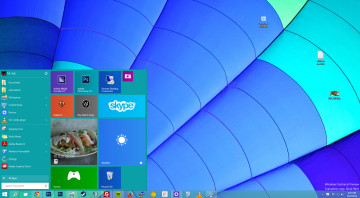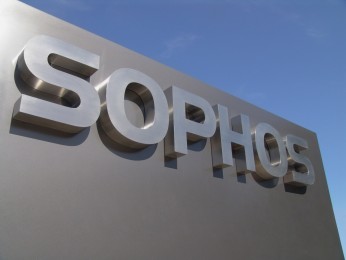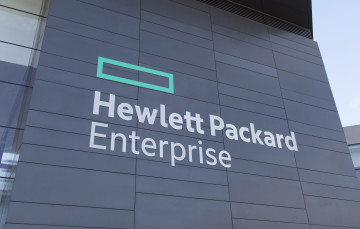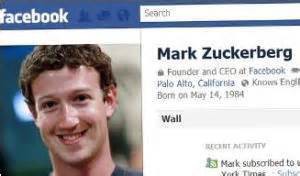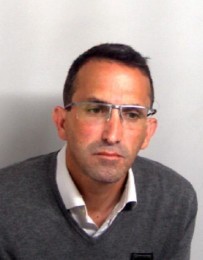 An Essex bloke has been jailed for six years by Chelmsford Crown Court for claiming back sales tax on computer memory sold overseas.
An Essex bloke has been jailed for six years by Chelmsford Crown Court for claiming back sales tax on computer memory sold overseas.
Robert Waterman had rather a good lifestyle of expensive houses, luxury cars and a Marbella holiday home using a scam in which he pretended to trade memory sticks with a business in Dubai.
He trousered £4,757,858 in VAT repayments between April 2013 and March 2015 by supposedly exporting to the Middle East through his company Asset Innovations UK.
He was sending empty parcels to a PO Box address and then reclaiming the VAT as the devices were being exported outside of the EU, the tax authorities said.
According to the taxman , Waterman used all of the proceeds from his fraud to purchase a £1.15 million house with no mortgage, drive a Range Rover Sport and fund a holiday home in Marbella, Spain. He also bought a £310,000 property in Ilford.
The Tax man has obtained a restraining order worth £4 million on his assets, including houses and cash in bank accounts.
At an earlier hearing Waterman pleaded guilty to cheating the public revenue, money laundering, furnishing false documents with the intent to deceive in relation to fraudulent VAT returns, operating a company while a banned director and absconding while on bail.
